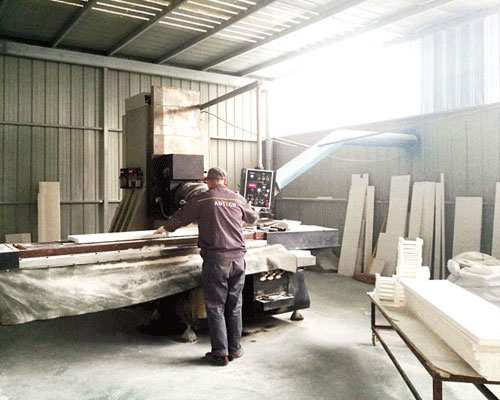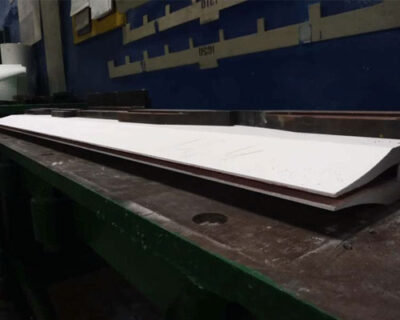Although there are long research and trials for producing the wire or rod of commercial the high-strength aluminum alloy, there are few companies with the success in producing commercial hard-aluminum alloys wire and rod by Continuous Casting and Rolling process.
Continuous Casting and Rolling for Aluminum Alloy
The application of the high-strength aluminum alloy rod or wire is various parts such as rivet, bolt, sports leisure supplies, high-tension power transmission wire, machinable and forgeable materials.
However, it is very difficult to produce the high-strength aluminum alloy wire and rod by Continuous Casting and Rolling process because of the wide mushy zone and high strength compared with the pure or low strength aluminum alloy.
Additionally, it is easy to crack and breakout in the CC & R process due to tiny internal defects of the castings.

Continuous Casting and Rolling Process
The facilities of Continuous Casting and Rolling process are composed of the melting furnace, the wheel casting machine, the automatic machine for moving of castings bar, rolling machine with three rolls, the induction heater for reheating the castings bar and the coiling machine. AdTech ceramic fiber caster tips are suitable for aluminum rolling machine. Casting tips determine the width of the aluminum sheet during continuous casting. Casting tip and nozzle sections create a cavity in conjunction with spacers, allow the flow of metal through the casting tips just before solidification of the sheet. It adopts nano-scale fiber composite material, and the process by high-precision equipment.
In the process of continuous casting of aluminum, coolants and industrial water are used to cool the caster wheel or caster belt, lubricate mill components and transfer aluminum particulate and contaminants to filtration systems using CFF filters. Particulate and contaminants are removed by the ceramic foam filter and system pumps transfer clean coolant back to the work.

